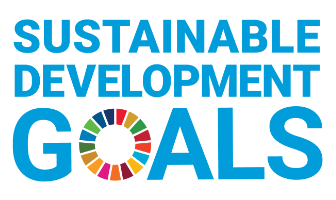GENEVA-The International Organization for Migration (IOM) together with the Ministry of Foreign Affairs (MFA) of the Netherlands have announced the launch of the new phase of the Cooperation on Migration and Partnership to Achieve Sustainable Solutions (COMPASS) programme. Building on its achievements since 2021, COMPASS will continue its mission to guide safe migration while protecting and upholding migrant’s rights until the end of 2027.
COMPASS, a strategic cooperation between IOM and the Dutch MFA, consolidates various migration projects into a unified framework. This approach enhances coordination, flexibility, and strategic partnership across 14 countries: Afghanistan, Algeria, Chad, Egypt, Ethiopia, Iraq, Lebanon, Libya, Mali, Morocco, Niger, Nigeria, Sudan, and Tunisia.
COMPASS employs an ecological approach, recognizing that individuals are part of broader social structures, including families, communities and states. This framework guides COMPASS’ initiatives across three levels - governments, communities and migrants – focusing on various areas of work such as protection assistance, capacity development, research and data, partnerships and coordination, information and awareness and localization.
“This new phase marks a significant step towards our goal to create profound systemic change for vulnerable migrants. I am confident that the next four years will not only pick up from where the first phase left off but provide the means for our ultimate aim of sustainable solutions for vulnerable migrants,” says Yitna Getachew, Director of IOM’s Protection Division (ai).
COMPASS has played a significant role in assisting over 120,000 migrants with protection services including safe and dignified return and sustainable reintegration. Additionally, more than 8000 state and non-state actors have benefitted from continuous capacity development in migration management, protection, and specialized protection assistance. COMPASS’ learning component enabled the piloting of innovative initiatives such as community-based planning and the creation of a public knowledge sharing tool that facilitates cooperation across regions and among different stakeholders, on specialized protection assistance.
“We are confident in COMPASS and its ability to deliver on its promise of sustainable solutions for irregular migration and migrant protection. We will continue to work closely with IOM and strengthen our collaboration. When we pool our efforts and engage all actors, we can uphold migrants’ human rights and create lasting change,” says Warner Ten Kate, Head of the Migration and Development Division at the Ministry of Foreign Affairs of the Netherlands.
In its new phase, COMPASS aims to address shared migration challenges through three priority areas: specialized protection, legal identity and localization. The programme will engage governments, empower migrants and their communities, and continue implementing a holistic approach to migration challenges. As with the first phase, partnerships will be essential in administering the support necessary for migrants and their communities.
For more information, please contact:



